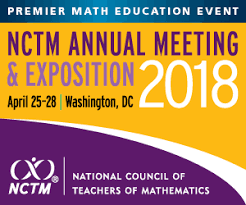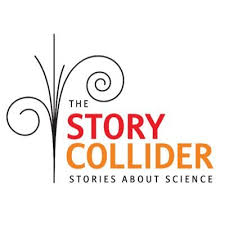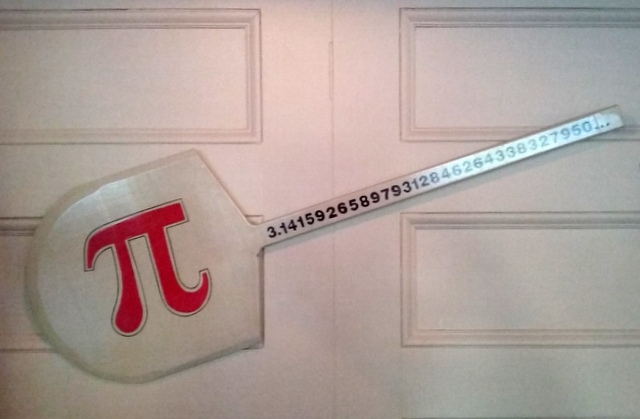 I’m excited to be heading to Washington, DC in April for the 2018 NCTM Annual Meeting!
I’m excited to be heading to Washington, DC in April for the 2018 NCTM Annual Meeting!
NCTM’s annual meeting brings together thousands of educators from across the country to discuss mathematics, pedagogy, technology, and more. I presented at the 2017 Annual Meeting in San Antonio and had a great time, so I’m looking forward to this year in DC.
I’ll be presenting Statistics and Simulation in Scratch, a 60-minute session about using simple computer programming tools to make the study of probability and statistics more experimental and exploratory. We’ll look at ways teachers and students can use Scratch, the free, web-based programming environment designed by the MIT Media Lab, to model simple probability experiments, collect and analyze data, and create mathematically compelling projects. The technology tools we’ll be using are free and intuitive, and they open up a new pathway to probability and statistics for students and teachers. In addition, it creates opportunities to learn and apply fundamental computer programming skills in a meaningful context.
My talk is scheduled for Thursday, 4/26/18, at 3:00 pm, so if you’re planning on attending the NCTM Annual, please keep my session in mind!
Conferences like this are great opportunities for professional growth, but the logistics are often complicated for classroom teachers. I’m fortunate to have received support from Math for America, which makes attending NCTM’s Annual Meeting in Washington DC possible. And I’m proud to be one of several MfA teachers presenting at NCTM! You can find a complete list of MfA presenters here.
Related Posts
 I am excited to be taking part in a Story Collider event this April!
I am excited to be taking part in a Story Collider event this April!

